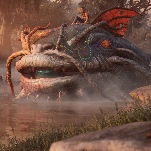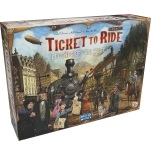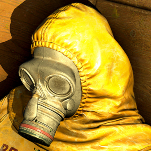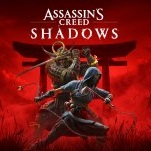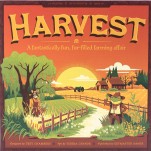Nintendo World Championships: NES Edition Is a Baffling Failure
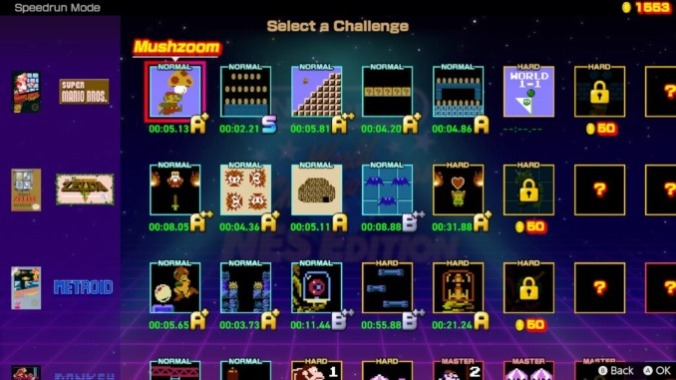
I figured I’d be the perfect guy for Nintendo World Championships: NES Edition. A new twist on some of the most important games of my childhood, named after an event I actually went to when it hit Atlanta in 1990? A kind of sideways sequel to the cool NES Remix series, which combined warp-speed fragments of many of the same games, but combined with fun, weird updates that added unique new spins on these classics? More leaderboards to scale for a dude who loves pinball, shmups, and games like Pac-Man Championship Edition DX? Sign me up, right?
And yet. I’ve been playing it for the last couple of weeks and it largely feels like a chore. It’s light on content, missing some features that are absolutely necessary for a game like this, and runs out of fuel in record time. I’ve been using it as a palate cleanser between other games, something to hop into for five minutes between Shadow of the Erdtree and Kunitsu-Gami, or a way to kill time when I have a free 10 minutes before doing something more important. It ultimately just feels unnecessary in a way the NES Remix games didn’t—a low-effort way to get some more money out of these games that came out 30 to 40 years ago.
Here’s what’s on tap. Nintendo World Championships gathers together excerpts from 13 NES and Famicom games that were originally released between 1983 and 1993, from the home port of Donkey Kong to Kirby’s Adventure. The main Speedrun Mode features several challenges for each game, from entry-level “Normal” tasks that can take as little as two seconds, to “Master” and “Legend” challenges that might ask you to complete an entire level of a game. The goal is to beat all these challenges as quickly as possible; the better your time, the more coins you get, which can be used to unlock new challenges.
For an example of what these challenges can be like, the first one on the list is from Super Mario Bros. It’s called “Mushzoom” (every challenge has a punny or goofy name) and it tasks you with getting the very first super mushroom from World 1-1. In other words, it’s over about as soon as it begins, lasting just a few seconds. Other challenges will see you trying to beat Kid Icarus and Legend of Zelda bosses, finishing Excitebike laps, and popping a specific number of balloons in Balloon Fight. With each challenge the goal is to complete it as fast as you possibly can.
That focus on speedrunning will often change how you view some of these games—again, games that some of us have known well for 40 years. It’s exceedingly hard to make Super Mario Bros. or Metroid feel fresh in 2024. The rapid-fire repetition of trying to shave milliseconds off my fastest time for getting the morph ball or making it to the first warp zone has made me really consider every motion, though, breaking these games down at a granular level that I’ve never approached them with before. There’s something to be said for that.
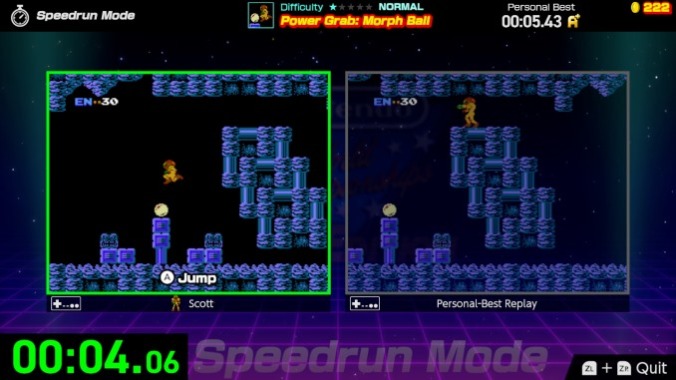
The problem is that I don’t think I’ve gained anything from that microscopic focus. Completing basic tasks in Ice Climber or Zelda II over and over, while trying to economize my actions, doesn’t make me appreciate these games any more than I already did—and it makes me enjoy them less. I mean, Ice Climber is challenging enough without adding a series of stopwatches for every little thing you do in it. One reason I usually hop out of Nintendo World Championships within 10 minutes or so is that redoing the same things again and again with no fulfilling purpose quickly feels like a big waste of time.
-

-

-

-

-

-

-

-

-

-

-

-

-

-

-

-

-

-

-

-

-

-

-

-

-

-

-

-

-

-

-

-

-

-

-

-

-

-

-

-

































